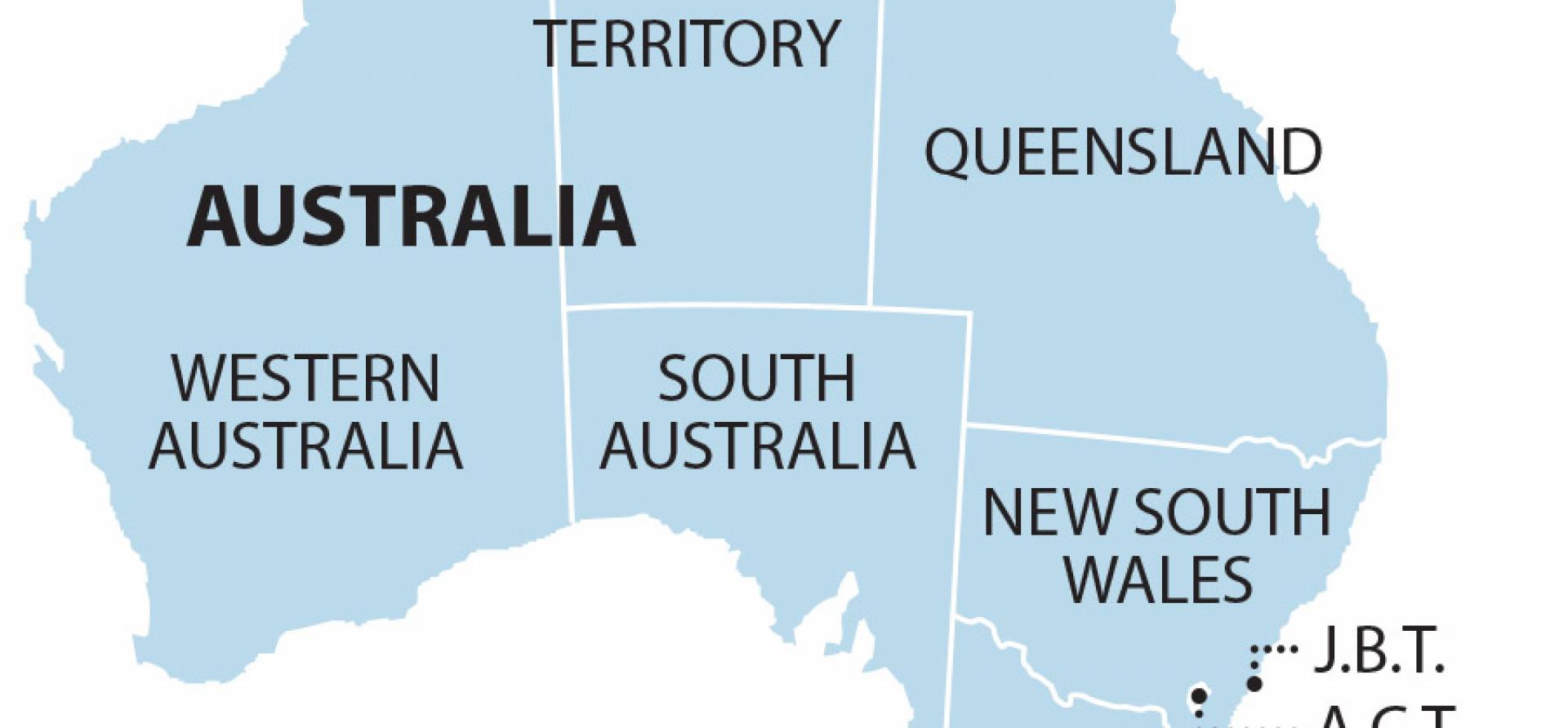IEEFA: The crash in global gas prices should mean a drop in electricity and gas prices in Australia

Key Findings
Gas companies will delay investment decisions in the current oil price environment but Australia still needs affordable gas for industry while ever-cheaper renewables pick up pace.
Gas prices should drop domestically as they have around the world, particularly on the east coast. High gas prices mean that the Australian consumer is also paying too much for electricity.
The east coast needs to replicate Western Australia's domestic gas reservation policy, which keeps gas and therefore electricity prices down.
The plunge in oil prices over the weekend will delay or postpone the development of major Australian gas fields, of which there are many.
This is going to create tremendous problems for the LNG industry
Liquefied natural gas (LNG) export contracts are directly linked to the oil price. The oil price has fallen 25%. We can expect to see a similar fall in the value of Australia’s LNG export contracts.
This is going to create tremendous problems for the LNG industry in Australia. Investment decisions will be delayed on major projects, including a major gas development on the Burrup Peninsula in Western Australia; the Barossa offshore field project that Santos is looking at developing in the Northern Territory; the onshore Surat Gas Basin project in Queensland; and the possibility of onshore fracking in the Beetaloo Basin, again in the Northern Territory, to name a few.
ALL OF THESE PROJECTS WILL BE DELAYED BECAUSE THE COMPANIES SIMPLY CANNOT MAKE MONEY at oil prices of $35 a barrel. That in turn makes these projects not economically viable. Investment in these big projects will not be proceeding in the medium term.
Gas is no longer a transition fuel with clean sustainable renewables now the least cost option,
What has occurred is both a crash in the oil price and at the same time a crash in the oil and gas shares, significantly affecting the companies involved in this industry. That means investors are saying this is not just a short-term problem; this is a medium to long-term problem of low oil prices. That is why these investment decisions will be delayed because gas companies cannot afford to open up these projects in the current oil price environment.
While that is good news for Australia, as gas is no longer a transition fuel with clean sustainable renewables now the least cost option, Australia still needs affordable gas for industry while ever-cheaper renewables pick up pace.
As a result of the falling oil price, there should be tremendous pressure for gas prices to be to be dropped domestically as they have around the world, particularly on the east coast of Australia.
WE HAVE TO REMEMBER THAT GAS PRICES SET THE PRICE OF ELECTRICITY IN AUSTRALIA. The Australian Competition and Consumer Commission (ACCC) has clearly stated that as gas prices rise, electricity prices also rise. High gas prices mean that the Australian electricity consumer is paying too much for electricity.
People are paying ridiculously high prices for gas, and therefore electricity
On the west coast of Australia gas prices are not a problem. They have a gas reservation policy and the prices they pay are already well below the level actually paid in Asia.
In the rest of Australia however, people are paying ridiculously high prices for gas, and therefore electricity.
Australia is the world’s second largest exporter of gas. Yet gas is so expensive in Australia that there are currently four consortium looking at building import terminals on the east coast: one in South Australia, one in Victoria, and two in New South Wales.
WE HAVE THIS ABSURD SITUATION WHERE AUSTRALIA WILL BE IMPORTING THE GAS IT EXPORTS, which is very similar to something like importing oil to Saudi Arabia.
The prices in eastern Australia are so high that gas companies can afford to import more gas.
We are seeing a government that is captured by the gas industry
Gas prices across most of Australia are higher than they are offshore. There are major international LNG trading companies setting up import terminals in Australia which is telling us that the prices domestically are well above offshore prices.
The east coast of Australia needs to take its lead from Western Australia (WA). WA has a domestic gas reservation policy, which keeps gas and therefore electricity prices down. There needs to be one instituted on the east coast of Australia, on both existing and prospective fields.
Australia needs some strong action by governments at both the state and federal level, but particularly the federal level, to protect gas and electricity consumers.
At the moment we are not seeing it.
Instead, we are seeing a government that is captured by the gas industry and is allowing them to run roughshod over the legitimate rights of the Australian gas and electricity consumer.
This commentary is based on an interview IEEFA’s LNG/gas analyst Bruce Robertson gave to ABC Australia Wide on 10 March 2020.
Related links:
What does the oil price crash mean for the Australian gas industry?















